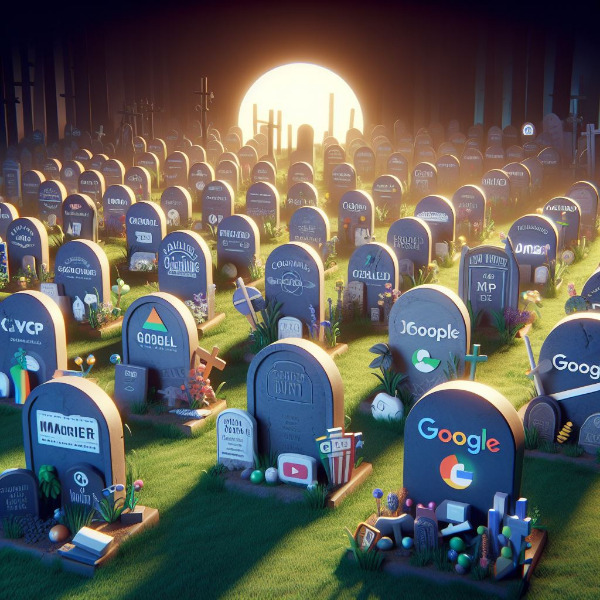Huang's Law and Moore's Law are technology "laws." Maybe it is more accurate to say they are observations, but "law" has become attached to these observations since they appear to remain true.
Moore's law is the observation that the number of transistors in an integrated circuit (IC) doubles about every two years. Moore's law is an observation and projection of a historical trend. Rather than a law of physics, it is an empirical relationship linked to gains from experience in production.
Gordon Moore, the co-founder of Fairchild Semiconductor and Intel (and former CEO of the latter), posited in 1965 posited the idea and projected this rate of growth would continue for at least another decade. In 1975, looking forward to the next decade, he revised the forecast to doubling every two years. His prediction has held since 1975 and has since become known as a "law".
Moore's prediction has been used in the semiconductor industry to guide long-term planning and to set targets for research and development, thus functioning to some extent as a self-fulfilling prophecy.
Huang’s Law has been called the new Moore’s Law. It seems that the law that the same dollar buys twice the computing power every 18 months is no longer true.
Huang's law is an observation in computer science and engineering that advancements in graphics processing units (GPUs) are growing at a rate much faster than with traditional central processing units (CPUs). The observation is in contrast to Moore's law as Huang's law states that the performance of GPUs will more than double every two years.
Jensen Huang was then CEO of Nvidia and at the 2018 GPU Technology Conference and observed that Nvidia’s GPUs were "25 times faster than five years ago" whereas Moore's law would have expected only a ten-fold increase. As microchip components became smaller, it became harder for chip advancement to meet the speed of Moore's law.
 Huang's Law and Moore's Law are concepts primarily associated with the semiconductor industry and technology advancements. However, their principles can be extended and applied to various domains beyond technology.
Huang's Law and Moore's Law are concepts primarily associated with the semiconductor industry and technology advancements. However, their principles can be extended and applied to various domains beyond technology.
You can extend Huang's Law to other fields where exponential growth or improvement is observed. For example, consider advancements in renewable energy efficiency, healthcare outcomes, or educational achievements. The idea is to identify areas where progress follows an exponential curve and apply the principles accordingly.
Both laws highlight the concept of scaling - either in computational power (Moore's Law) or AI efficiency (Huang's Law). You could apply this principle to other systems and processes where scaling can lead to significant improvements.
I am imagining a discussion (probably in a classroom setting) about ethical considerations, such as the impact of rapid advancements on society, and focus on responsible and ethical development in various fields. That certainly is true currently in discussions of AI.


 Huang's Law and Moore's Law are concepts primarily associated with the semiconductor industry and technology advancements. However, their principles can be extended and applied to various domains beyond technology.
Huang's Law and Moore's Law are concepts primarily associated with the semiconductor industry and technology advancements. However, their principles can be extended and applied to various domains beyond technology.